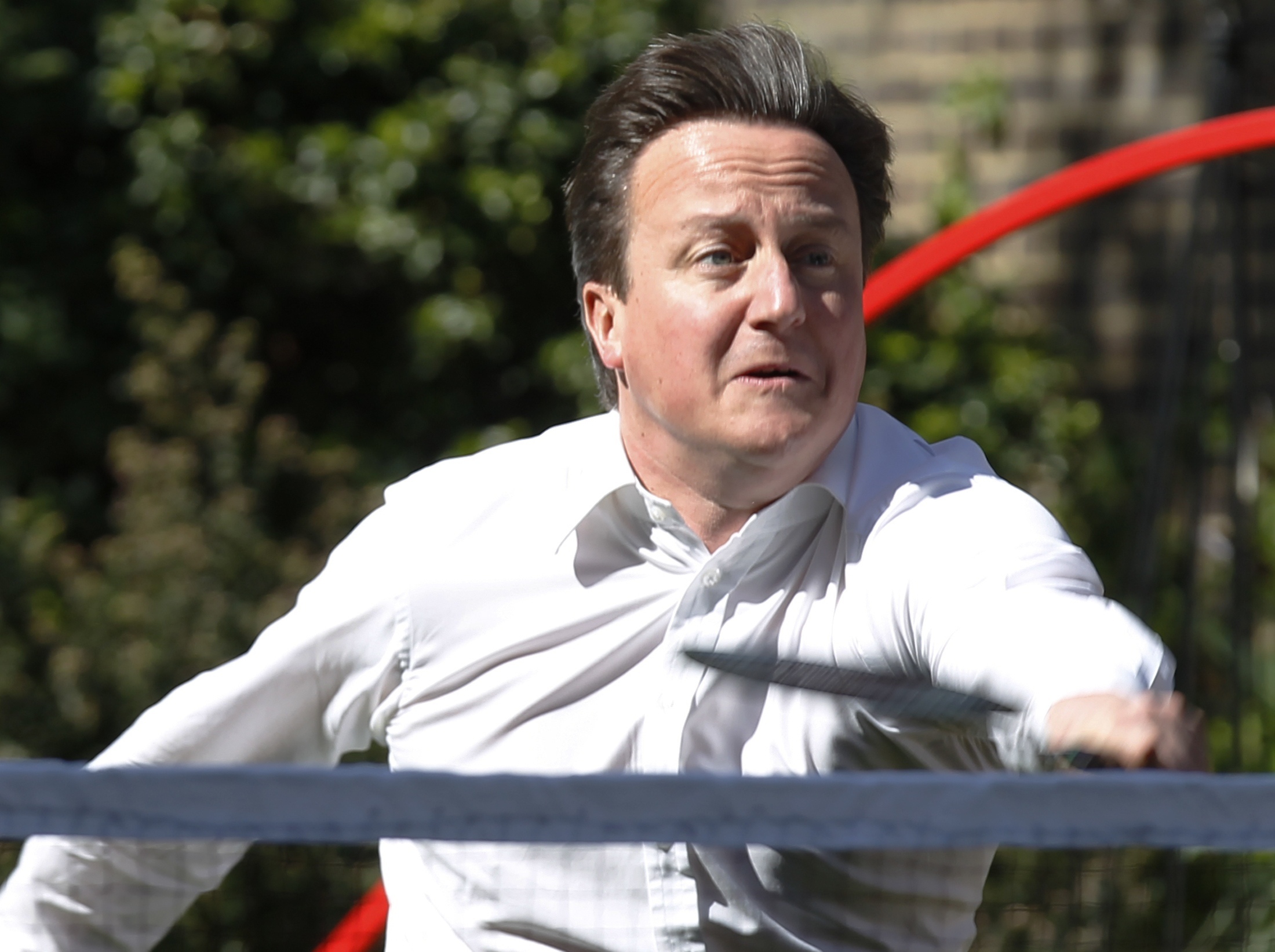As those of us in London face up to the prospect of the none-of-the-above election, it’s worth thinking ahead to 2015 and asking yourself if any of the major parties really deserves your vote. It’s hard to remember a time when things were quite like this. Daniel Finkelstein has a theory that the British electorate rarely makes the wrong judgement. And it is almost always the case that at least one party is firing on all cylinders. The 1992 election was an exception, but right now John Major, Neil Kinnock and Paddy Ashdown are looking like political giants.
We are staring into the political abyss and we think it is mildly amusing to talk in terms of an omnishambles. But this is no joke. At the heart of government, as we contemplate the consequences of the double dip recession and rising interest rates, there is an ideas vacuum. The coalition’s best minds, Steve Hilton and Richard Reeves, have announced their departure for the Unites States, which is where European intellectuals fled during the 1930s.
It is tempting to argue (as I did in 2008) that the time has come for a national government. But the trouble is that the experience of coalition government has left a bad taste on the mouth for collaborative politics. It might be tempting to imagine Michael Gove, Alistair Darling and Vince Cable working with a common pupose (or indeed Rachel Reeves, Dominic Raab and Sarah Teather). But the likely outcome of the next election now seems to be a Labour victory by default or another hung parliament.
Even in the medium term this is not sustainable. The government may hope that it can ride out this misery until the summer recess but this is not a standard mid-term crisis. This is not like cash-for-honours, or cash-for-questions or even the Iraq wash through. The political situation we face can only really be compared to 1939 or 1974 and the sooner we wake up to it the better.







Comments